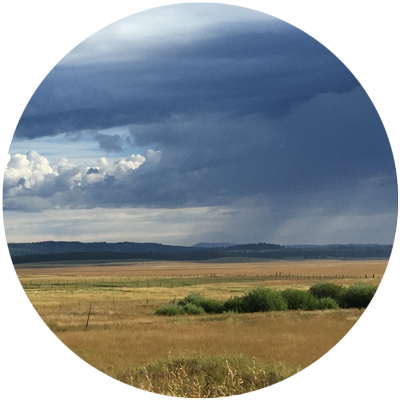Home > Climate News >
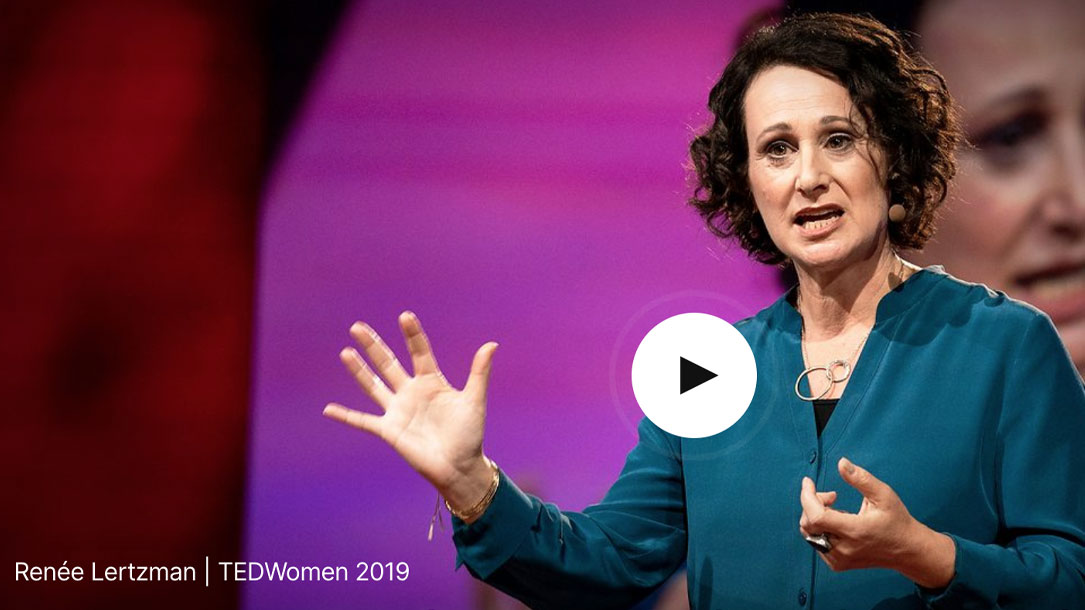
How to turn climate anxiety into action
It’s normal to feel anxious or overwhelmed by climate change, says psychologist Renée Lertzman. Can we turn those feelings into something productive?
In an affirming talk, Lertzman discusses the emotional effects of climate change and offers insights on how psychology can help us discover both the creativity and resilience needed to act on environmental issues. This approach could help with a wide variety of challenging issues…
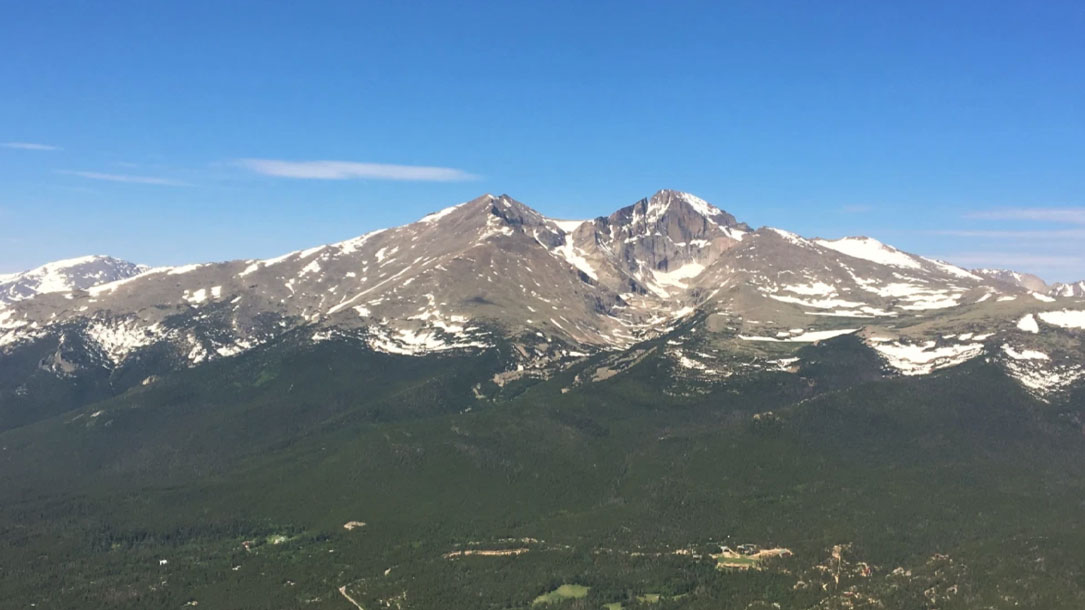
Land trust breakfast focuses on climate change
The breakfast focused on the potential effects of climate change in the Rocky Mountain West.
The announcement stated: Are we experiencing a warming climate and if so, what affect will it have on extreme weather such as droughts and floods? Could warmer temperatures result in longer fire seasons and catastrophic wildfires? How will these disturbances affect our regional ecosystem?
“Our educational breakfasts allow land trust members up-close access to scientific professionals that can explain our complex Rocky Mountain environment,” said Jeffrey Boring, Executive Director of the Estes Valley Land Trust. “We’re thrilled to have Dr. Monique Rocca, Associate Professor, Colorado State University and Jeff Lukas, Associate Scientist, University of Colorado Boulder, as our keynote speakers.”
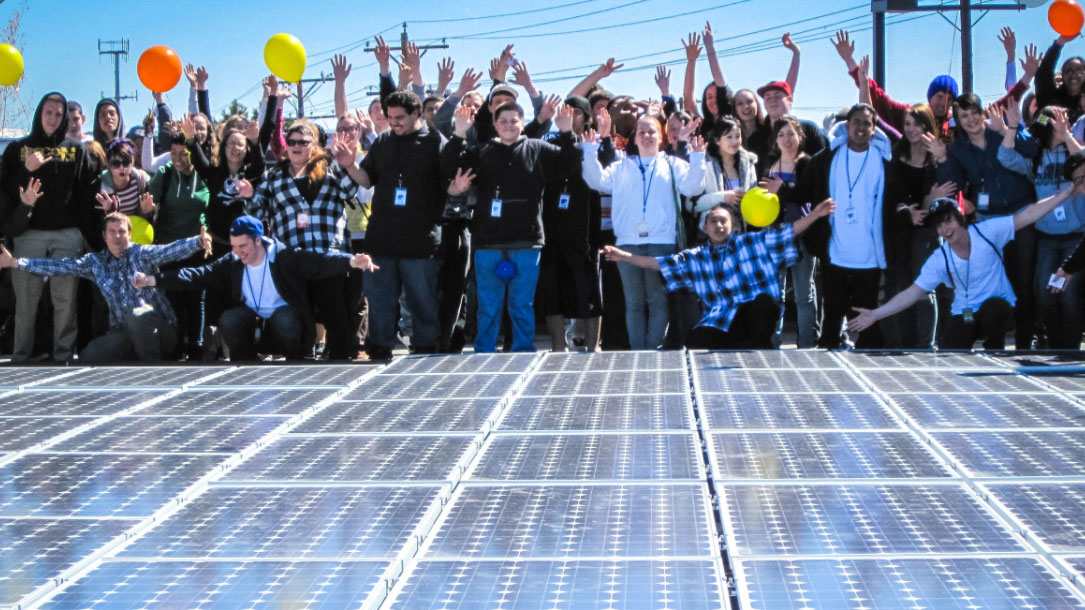
Sequestering carbon and enhancing our local landscapes
Last year, almost 50 businesses and individuals offset their carbon footprints with ECC [Evergreen Carbon Capture] by planting 4,038 conifer trees, which will absorb 20,190 tons of CO2 over the next 100 years. Though only a drop in the bucket compared to what our native forests were once capable of, every tree planted and cared for provides a myriad of benefits like wildlife habitat, and improved water and air quality, which bring our landscapes one step closer to the ecological function of their pasts.
ECC offers the unique opportunity for partners to join our tree planting efforts at volunteer work parties. This year our field partners from Adopt-a-Stream Foundation, Dirt Corps, Forterra, Friends of the Burke Gilman Trail, Green Kirkland Partnership, Green Redmond Partnership, Green River Coalition, Green Seattle Partnership, and Stewardship Partners led 11 events for 367 volunteers to plant trees throughout the Puget Sound region, from Auburn to Marysville….
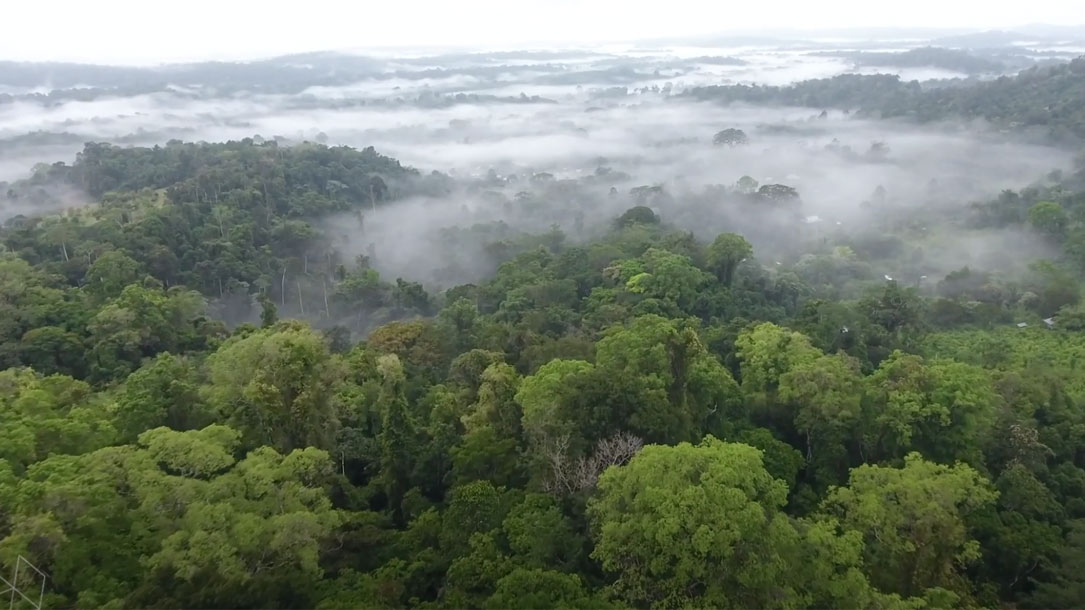
Climate Change Adaptation—Designing for Change
Harvard’s Design Program talks about adapting to climate change and design thinking…
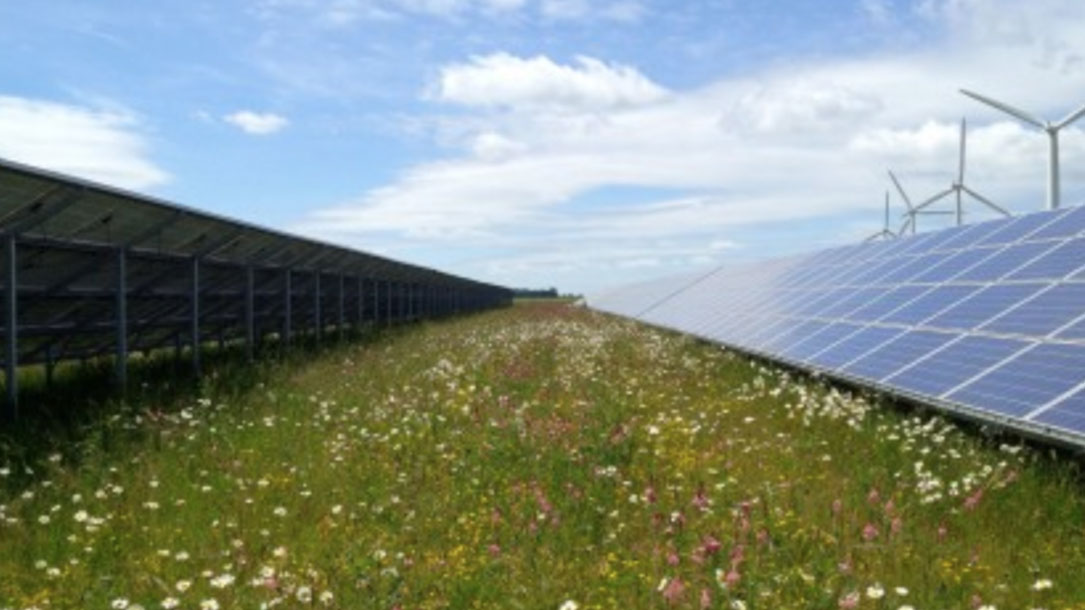
A Practitioner’s Guide to Pollinator-Friendly Solar Development
This toolkit provides background on pollinator-friendly solar and its advantages, and tips, resources, and important considerations to kick-start the integration of pollinator habitat into a solar development portfolio.
In addition to the diverse environmental benefits that pollinator-friendly solar projects can produce, there are an array of private benefits for solar developers to reap from planting perennial vegetation under their solar panels.
The guide offers a set of best practices for understanding local context, building support for a project, designing a site, financing, and development…
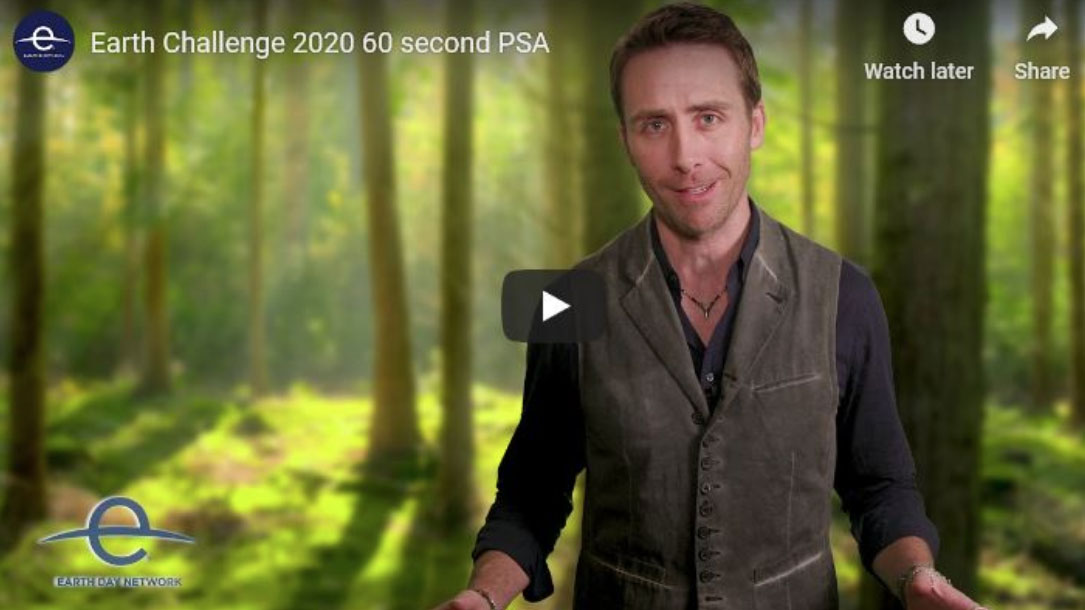
You and your land trust can be part of a new initiative for Citizen Science
Fifty years ago, Earth Day became the largest people’s protest in the history of the world.
And we changed the world for the better, by creating clean air and clean water laws—with the help of scientists, policy leaders, and a movement that couldn’t be stopped.
Today’s environmental threats of extreme climate change, pollution to our air and water can feel overwhelming…but together, with people like you and the land trust community, we can provide change and hope.
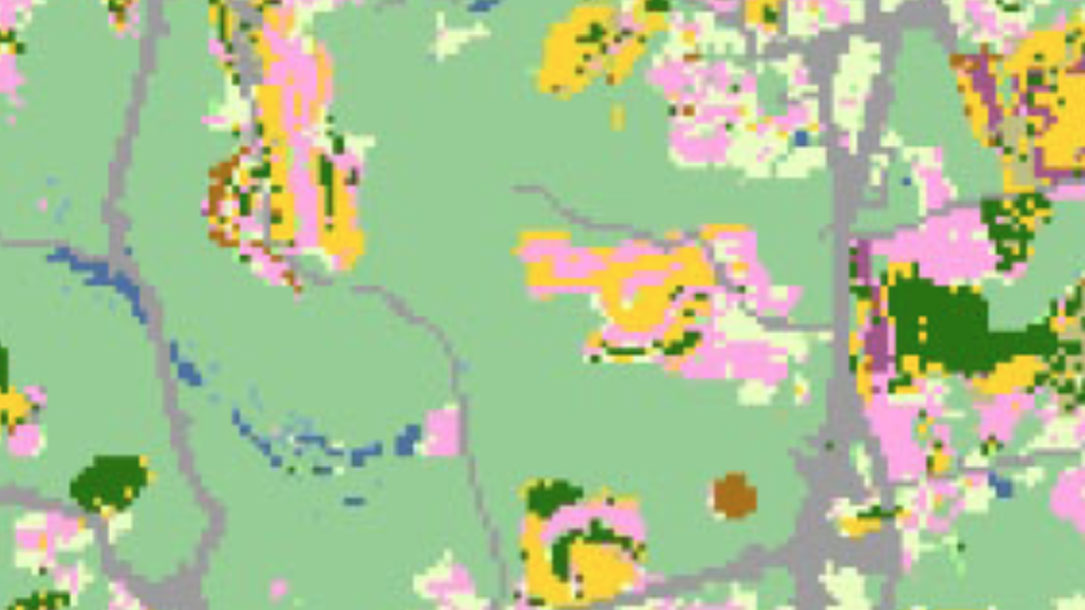
Get a bee’s eye view of your landscape
Managed honey bees and wild bees travel long distances from their nests to find food and water. What are your bees experiencing during their journey? This tool will help you understand how the landscape surrounding your apiary, garden, or farm stacks up in terms of floral resources bees can find, the insecticides they encounter, and for wild bees, the nesting sites that are available.
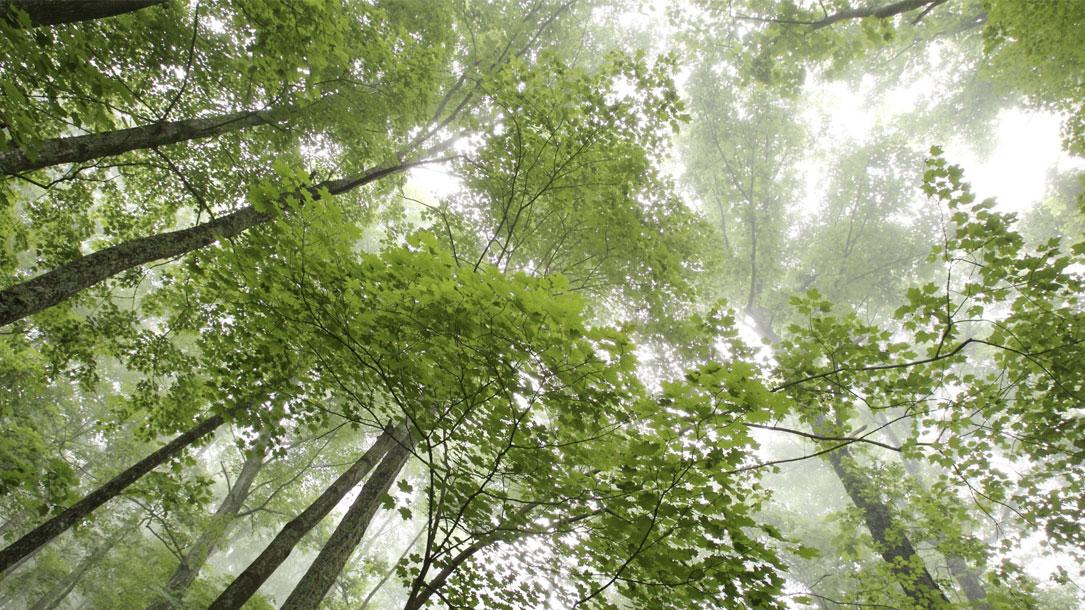
New Study Reveals Natural Solutions Can Reduce Global Warming
Restoring the United States’ lands and coastal wetlands could have a much bigger role in reducing global warming than previously thought, according to the most comprehensive national assessment to date of how greenhouse gas emissions can be reduced and stored in forests, farmland, grasslands and wetlands.
The peer-reviewed study in Science Advances from The Nature Conservancy and 21 institutional partners found that nature’s contribution could equal 21% of the nation’s current net annual emissions, by adjusting 21 natural management practices to increase carbon storage and avoid greenhouse emissions. The study is the first to include the climate benefits of coastal wetlands and grasslands in a comprehensive mix along with forests and agriculture.
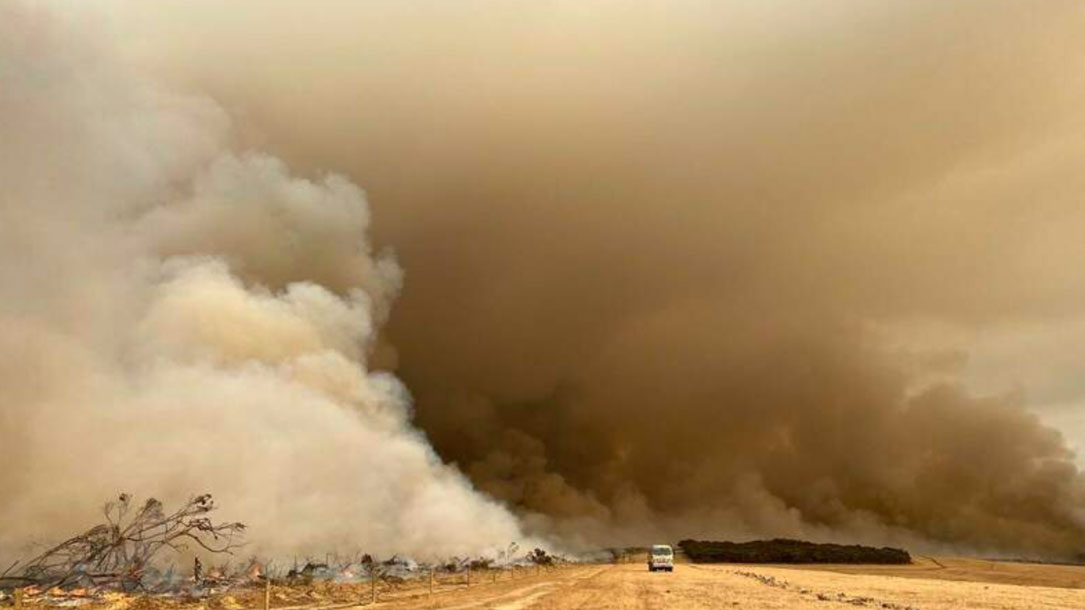
Debunked Australian Bushfire Conspiracy Theories Were Pushed by Alex Jones, Murdoch Media
“As unusually intense and widespread bushfires have ravaged a drought-ridden Australia, bots and trolls have begun pushing climate science denial across the internet in the form of conspiracy theories about the fires. Thanks to climate change, exceptionally hot, dry drought conditions have worsened and lengthened Australia’s typical fire season.
Two of the main conspiracies about the fires are based on the false ideas that they are caused by a spate of arson and they have been worsened by the Green Party’s supposed efforts to stop controlled burns as a fire management and reduction measure…”
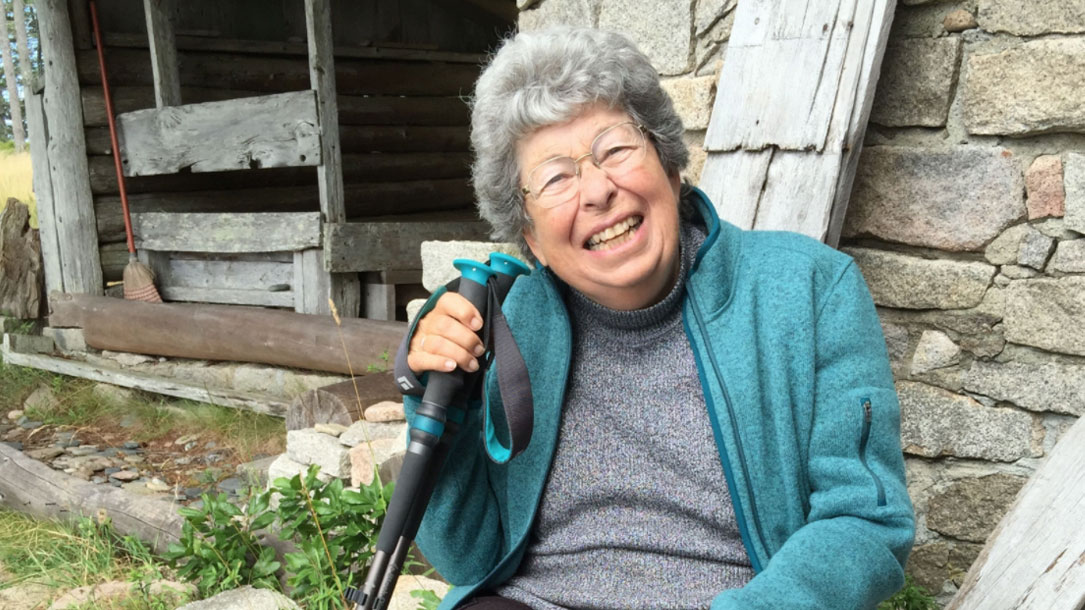
Lifestyle changes aren’t enough to save the planet. Here’s what could.
There is a long history of industry-funded “deflection campaigns” aimed to divert attention from big polluters and place the burden on individuals. Individual action is important and something we should all champion.
But appearing to force Americans to give up meat, or travel, or other things central to the lifestyle they’ve chosen to live is politically dangerous: it plays right into the hands of climate change deniers whose strategy tends to be to portray climate champions as freedom-hating totalitarians.



